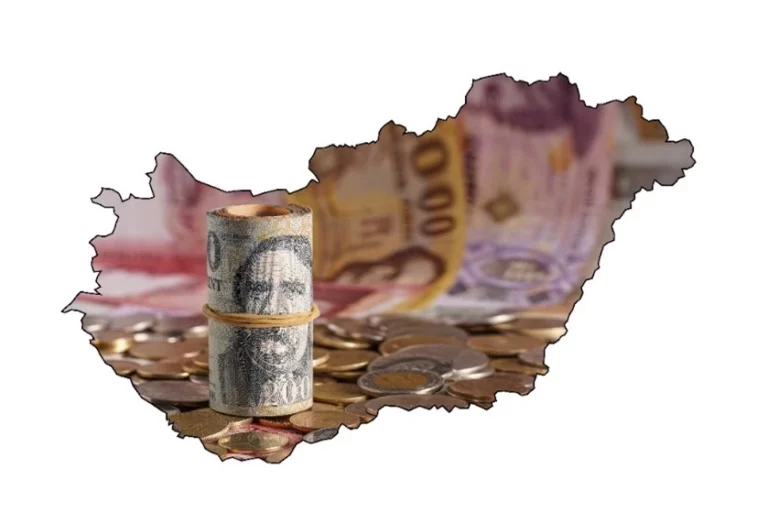Poland
Accident claiming 20 Polish lives near Lake Balaton commemorated

Hungarian victim of Soviet secret police massacre honoured in Warsaw

High-speed railway to link Budapest, Warsaw, Prague, Bratislava soon?

Polish man murdering a Hungarian girl says demons possessed him

Black Madonna pilgrimage to Czestochowa begins
A group of Hungarian pilgrims left Budapest on Monday morning for the southern Polish town of Czestochowa, a religious site...
Polish president recognised Hungarians saving Poles in WW2

V4 chiefs of staff discuss army cooperation, Poland was not represented
Army leaders attending a meeting of Visegrad Group chiefs of staff discussed current issues in cooperation between national armies on...
President condemned Russia’s unjustified aggression against Ukraine

Two EU countries share Hungary’s position on Russia

Zloty to strengthen, koruna to remain stable, forint to get weaker?

New Hungarian President Novák’s first trip to Warsaw

Here is why you might bump into a lot of US, Polish, Romanian soldiers in Hungary

Hungary among the top investment targets of Taiwanese companies in Europe!

Call to step up action against Hungary, Poland ‘shameful attack’, Fidesz MEP says

Breaking news! Hungary offers 37 million euros in aid to Ukraine

Polish Senate vetoed Hungarian MOL’s expansion because the company is controlled by Russia

Preliminary date of Pope Francis’s visit to Hungary set!

Hungary and other V4 countries are in the top 12 investment destinations of the world!





 ZH
ZH IT
IT DE
DE HR
HR NL
NL FR
FR JA
JA RO
RO RU
RU ES
ES TR
TR
